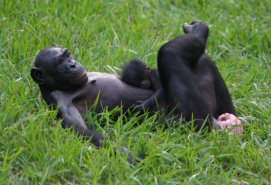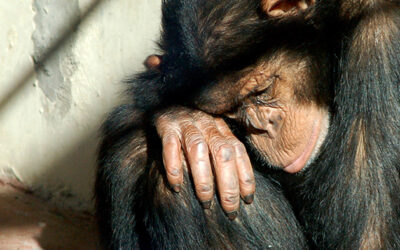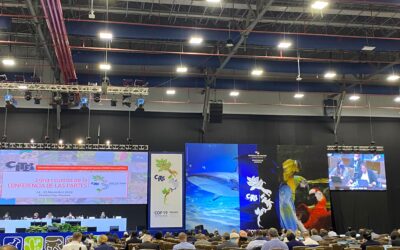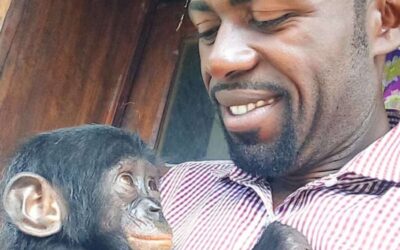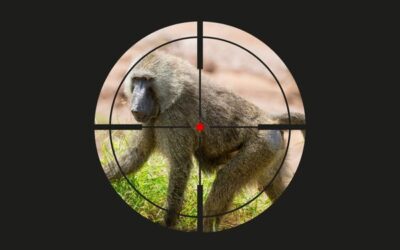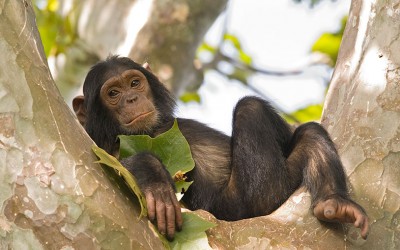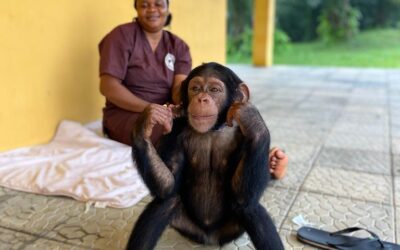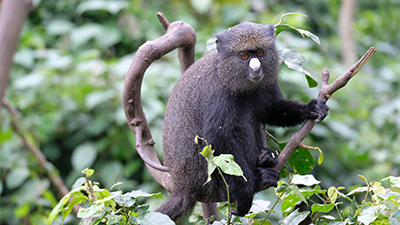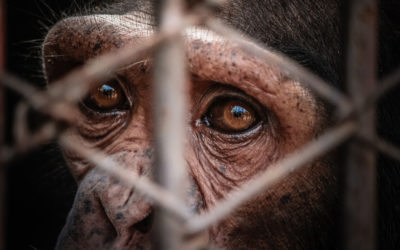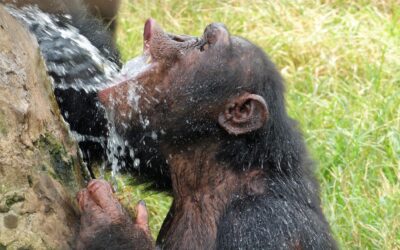Sanctuaries Unaffected by Political Unrest
in Democratic Republic of Congo
Tensions Remain High As At Least 26 Protesters Are Killed
By Natasha Tworoski
Tensions have been high this week in the Democratic Republic of Congo, as December 19th marked the end of President Kabila’s second presidential term. The DRC constitution states a president can only serve two terms, but Kabila has been stating for over a year that it would not be possible to organize an election until 2018. Despite international pressure from the United States and European Union, the current government in DRC has remained firm that Kabila will not be stepping down at this time.
The Democratic Republic of Congo has never had a peaceful transition of power. Many are concerned that by remaining in office, President Kabila can trigger another international war like the brutal conflict that ravaged the country from 1996 to 2003, when millions were killed.
On Tuesday, at least 26 Congolese people were killed by government troops while protesting in major cities of DRC, including the capital of Kinshasa. A strong military presence, as well as a ban on protesting, has forced most citizens to stay home, with businesses and schools closing for the immediate future. The number of protestors injured and arrested remains unknown, but is believed by human rights organizations to be very high. Government shutdown of most social media within the country has prevented citizens from reaching out to the international community.

Protests in many cities, including Kinshasa, have led to 26 deaths since President Kabila of the Democratic Republic of Congo refused to step down after his term ended.
Opposition leaders continue to encourage peaceful protests and remain hopeful that an election can be arranged early in 2017. Opposition leader Freddy Mbuyamu Matungulu is insistent that an intermittent leader must step in for now and that Kabila should step down immediately.
There are three PASA member sanctuaries located throughout the DRC. At this time, all three are believed to be safe and continuing to provide life-saving care to great apes and monkeys who were rescued from the illegal wildlife trade and the bushmeat trade. Our thoughts are with them.
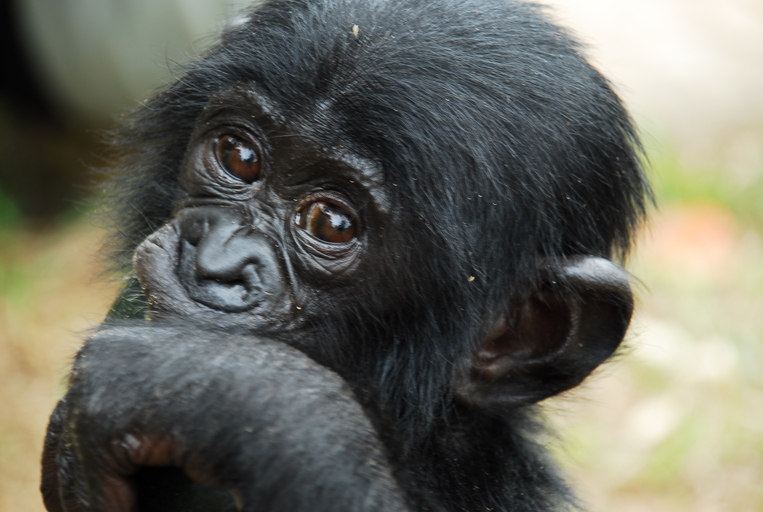
The Democratic Republic of Congo is the only country is the world where bonobos, a great ape species closely related to chimpanzees can be found. The country is also home to eastern gorillas and chimpanzees.
Next Posts
Rewilding Bonobos: 14 Bonobos Return to the Wild
After years of planning and preparation, 14 bonobos are back where they belong in the lush rainforest of equatorial Africa!
Social Media and Wildlife Trafficking
Social media enables a cycle of cruelty and suffering for primates and other wildlife. But you can help protect animals.
Wildlife Policy Overview: What is CITES and how does it help primates?
CITES, an international trade agreement, has a big impact on PASA members’ work. Here’s how it shapes wildlife policy and sanctuary practice.
Wildlife Crime Won’t Stop Him
Héritier Mpo helps PASA members in DRC rescue apes and monkeys. After wildlife criminals torched his offices he must rebuild.
Trophy Hunting Poses Threat to African Primates
PASA member sanctuaries rescue and care for both monkeys and apes. Although all primates have similarities, monkeys and apes differ in their appearance, geography, and intelligence.
Monkeys vs Apes: How are they different?
PASA member sanctuaries rescue and care for both monkeys and apes. Although all primates have similarities, monkeys and apes differ in their appearance, geography, and intelligence.
Four Chimps Find Sanctuary
Through the global pandemic, and even a coup attempt, PASA and our partners did not give up on these chimpanzees – read the amazing story!
Primate Species Spotlight: The Spot-Nosed Guenon
Get to you know Africa’s remarkable monkeys. Today we feature the spot-nosed guenon, a species found throughout Africa.
A Coalition to Disrupt the Illegal Wildlife Trade
The climate crisis is devastating African primates. Our new report investigates – and shows how sanctuaries are fighting back.
Sanctuaries in Africa Face Water Shortages
Sanctuaries and their communities are facing increased water shortages in Africa. That’s why PASA is working to find water access solutions.

